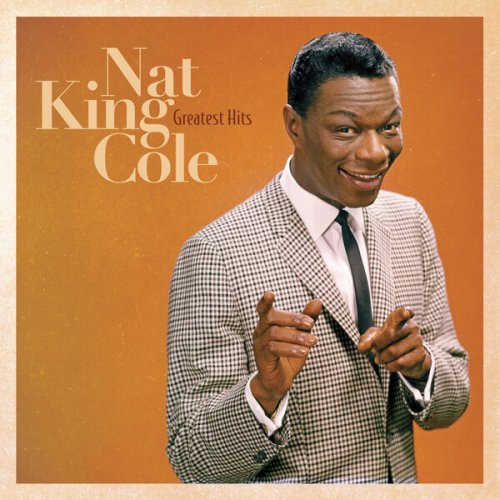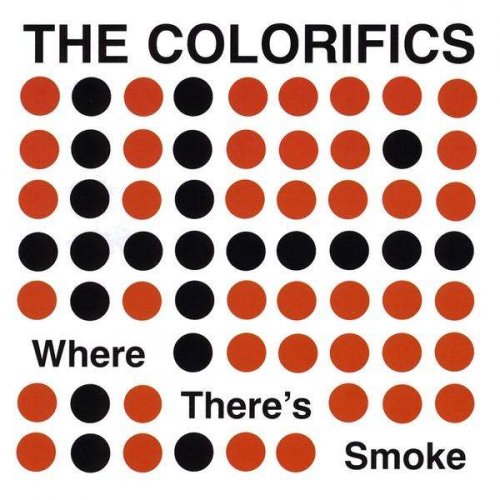Michelangelo Mazzari - Other Time (2020)
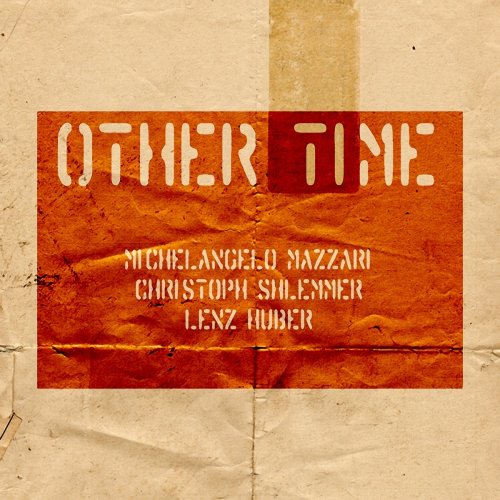
Artist: Michelangelo Mazzari
Title: Other Time
Year Of Release: 2020
Label: Michelangelo Mazzari
Genre: Jazz
Quality: FLAC (tracks)
Total Time: 62:38 min
Total Size: 337 MB
WebSite: Album Preview
Tracklist:Title: Other Time
Year Of Release: 2020
Label: Michelangelo Mazzari
Genre: Jazz
Quality: FLAC (tracks)
Total Time: 62:38 min
Total Size: 337 MB
WebSite: Album Preview
01. Improvisation Number 1
02. Improvisation Number 2
03. Improvisation Number 3
04. Improvisation Number 4
05. Improvisation Number 5
06. Improvisation Number 6
07. Improvisation Number 7
08. Improvisation Number 8
09. Improvisation Number 9
10. Improvisation Number 10
This album is the result of my desire to break some of the typical piano-trio patterns. After having established for a while in Berlin, Germany, I came to understand that jazz, as a language, can be liberated from already-known and already-learned patterns.
So, I considered creating a kind of music that is totally improvised by each of the band members: a music with polycentric sources. That’s why I did not follow harmonic grids or a structural plan of the songs. We rehearsed in trio only a few times before recording, enough to grasp the performance’s progress, colors and moods. At that point, we were ready to record.
We were granted a recording studio in Friedrichstadt-Palast, Berlin. There, we played uninterruptedly for some hours. Lenz Huber picked his double bass’ strings with the aid of rotating cappuccino machines, driftwoods and also clothespins. Cristoph Shlemmer played the drums imagining it as a reference as well as an obstacle to the rhythm, by the use of clashing tones and rhythms for and against the song, and breaking the rhythm with toms and ethnic percussions. I used, in some intros, a sheet of paper inserted between string and gavel in my piano…we all went a bit on the experimental side, and we enjoyed it.
In “Other Time”, music plots come one after the other, however they eschew overly organized or melodic moments. Music is born and vanishes, changes, becomes noise, sound and “impression”. That’s why one can find in this album tracks that are miniatures lasting few minutes, as well as tracks that are long and more articulate suites.
It’s the first time I approach the Jazz Trio this way. Lenz and Cristoph enabled me to delve into a new, more “free” and more “European”, way of playing. This experience affected my musical language: it is now changed, even when I play more traditional jazz. I treasure this experience as a landmark for my actual way of playing standards.
In conclusion, “Other Time” has been for me a research work that radically influenced my approach to piano and to music.
So, I considered creating a kind of music that is totally improvised by each of the band members: a music with polycentric sources. That’s why I did not follow harmonic grids or a structural plan of the songs. We rehearsed in trio only a few times before recording, enough to grasp the performance’s progress, colors and moods. At that point, we were ready to record.
We were granted a recording studio in Friedrichstadt-Palast, Berlin. There, we played uninterruptedly for some hours. Lenz Huber picked his double bass’ strings with the aid of rotating cappuccino machines, driftwoods and also clothespins. Cristoph Shlemmer played the drums imagining it as a reference as well as an obstacle to the rhythm, by the use of clashing tones and rhythms for and against the song, and breaking the rhythm with toms and ethnic percussions. I used, in some intros, a sheet of paper inserted between string and gavel in my piano…we all went a bit on the experimental side, and we enjoyed it.
In “Other Time”, music plots come one after the other, however they eschew overly organized or melodic moments. Music is born and vanishes, changes, becomes noise, sound and “impression”. That’s why one can find in this album tracks that are miniatures lasting few minutes, as well as tracks that are long and more articulate suites.
It’s the first time I approach the Jazz Trio this way. Lenz and Cristoph enabled me to delve into a new, more “free” and more “European”, way of playing. This experience affected my musical language: it is now changed, even when I play more traditional jazz. I treasure this experience as a landmark for my actual way of playing standards.
In conclusion, “Other Time” has been for me a research work that radically influenced my approach to piano and to music.
![Ingrid Jensen - Landings (2026) [Hi-Res] Ingrid Jensen - Landings (2026) [Hi-Res]](https://www.dibpic.com/uploads/posts/2026-02/1772179914_cover.jpg)
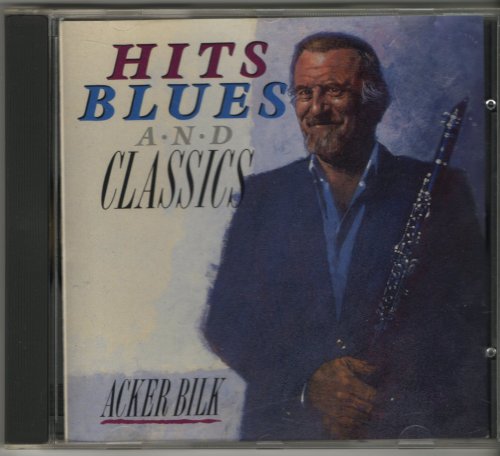
![Toshi Tsuchitori, Ryuichi Sakamoto - Disappointment–Hateruma (2026) [Hi-Res] Toshi Tsuchitori, Ryuichi Sakamoto - Disappointment–Hateruma (2026) [Hi-Res]](https://img.israbox.com/img/2026-02/27/0xnicsyi5sdb8v2xp0fiz1kew.jpg)
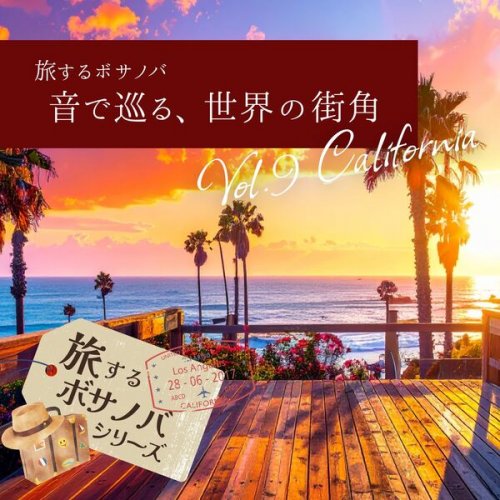
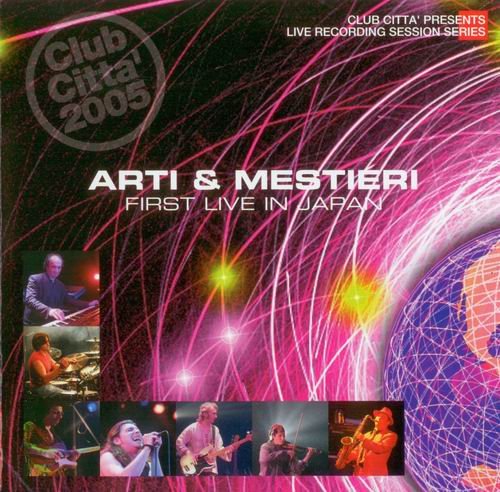
![VA - From the Archive Vol. 3... compiled by Volcov (2026) [Hi-Res] VA - From the Archive Vol. 3... compiled by Volcov (2026) [Hi-Res]](https://www.dibpic.com/uploads/posts/2026-02/1772033794_a3743742618_10.jpg)
![Mateus Asato - ASATO (2026) [Hi-Res] Mateus Asato - ASATO (2026) [Hi-Res]](https://www.dibpic.com/uploads/posts/2026-02/1772112407_egqdz3e9dom2b_600.jpg)
